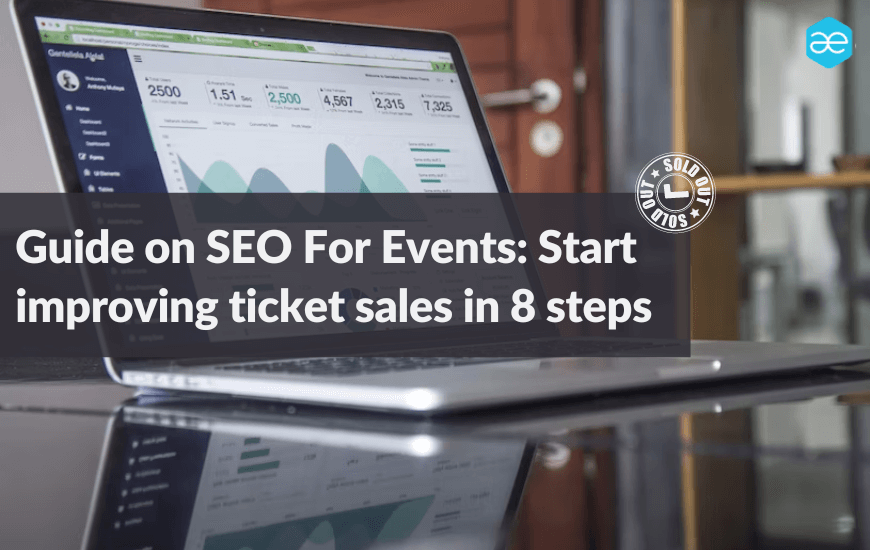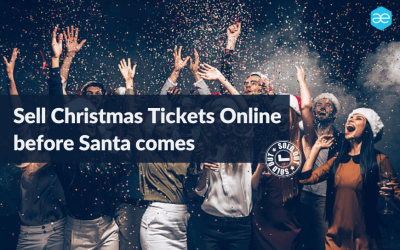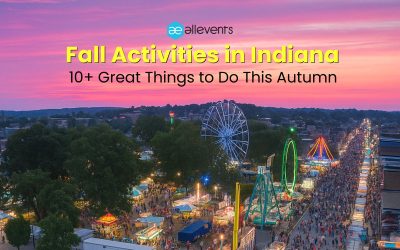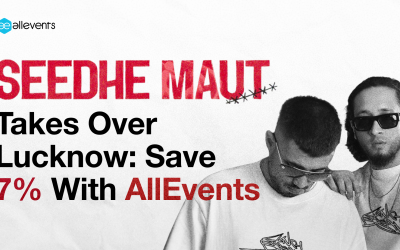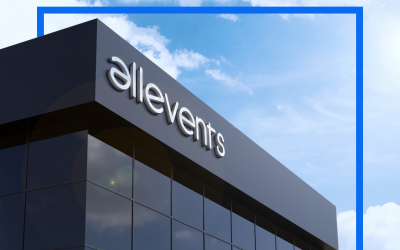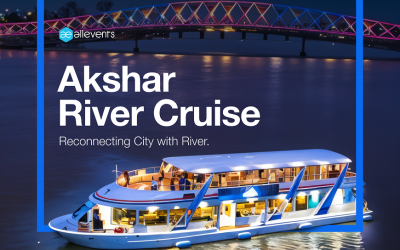Welcome to our guide on SEO for events! As the internet continues to play a bigger role in our daily lives, it has become increasingly important for event organizers to have a strong online presence to reach potential customers and sell tickets.
SEO, or search engine optimization, is the practice of optimizing a website or online content to rank higher in search engine results pages (SERPs) and attract more organic traffic. In this guide, we will cover the various techniques that event organizers can use to optimize their event page for search engines and drive ticket sales.
The Role of Search Engine Optimization in Ticket Sales

Regarding ticket sales, SEO for events can be a powerful tool for reaching potential customers and driving ticket sales.
Here is how SEO helps event organizers:
- Feature in Google Events: This is the best-case scenario where your events get showcased on Google searches.
- Instant credibility: When people see your event on Google, it directly means that the event is legit, and people will feel at ease while buying tickets.
- Targeted marketing: SEO allows event organizers to target specific keywords and phrases that are relevant to their event
- Capture local audience: You can optimize a website/page for local search results. This helps event organizers who are hosting events in a specific location.
How to optimize your page as per Event SEO
There are two ways to SEO-optimize your event page:
- Use a free Event listing Platfrom to avoid the tiresome work
- DIY with the following Event SEO checklist
1. Research relevant keywords
Identify the keywords and phrases that attendees use to search for events similar to your event. This will help the event page rank for those terms in search results.
2. Use keywords in the page title and headers
The page title and header tags (H1, H2, etc.) are important elements for SEO. Including relevant keywords in these areas will help the event page rank for those terms in search results.
3. Include keywords in the page content
In addition to the page title and header tags, it is important to include relevant keywords throughout the page content. However, it is important to avoid keyword stuffing, as this can negatively impact the page’s ranking.
4. Optimize images with alt tags
Including alt tags (alternative text) on images can help the event page rank for relevant keywords. Alt tags describe the content of an image and can be read by search engines, helping the event page rank for those terms.
5. Use internal and external links
Internal links (linking to other pages on the same website) and external links (linking to other websites) can help improve the event page’s ranking. However, it is important only to use high-quality, relevant links.
6. Include meta descriptions
Meta descriptions are short descriptions that appear in search results beneath the page title. Including relevant keywords in the meta description can help the event page rank for those terms and entice potential customers to click on the page.
7. Optimize for local SEO
If the event is being held in a specific location, it is important to optimize the event page for local search results. This includes adding the location in the page title, header tags, page content and claiming the event page on local directories and listing sites.
8. Ensure the website is mobile-friendly
With more and more people using their smartphones to search for and purchase tickets, it is important for the event page to be mobile-friendly. This includes having a responsive design and fast loading times on mobile devices.
Summing up SEO For Events
By keeping these points in mind, event organizers can effectively optimize their event page for search engines and increase the chances of reaching potential customers and driving ticket sales.
Also check out:
– Top Cvent Alternatives of 2023
Quick FAQs on Event SEO:
What is keyword research in the context of SEO for events?
Keyword research is the process of identifying the terms and phrases people use when searching for events online. This information can be used to optimize the event website’s content and meta tags to better match the search queries of potential attendees.
How do I choose the right keywords for my event?
When choosing keywords for your event, it’s important to consider the goals of your SEO for the event campaign. Some factors to consider include the theme of the event, the target audience, and the event’s location. It’s also a good idea to use various long-tail keywords, as these tend to be less competitive and can still drive relevant traffic to the event website.
How do I build backlinks to my event website?
Backlinks are links from other websites to your event website. They are important factors in SEO for events because they can help to improve the authority and credibility of your website in the eyes of search engines. There are many ways to build backlinks, including guest blogging, participating in online communities and forums, and creating informative and shareable content that others will want to link to.

